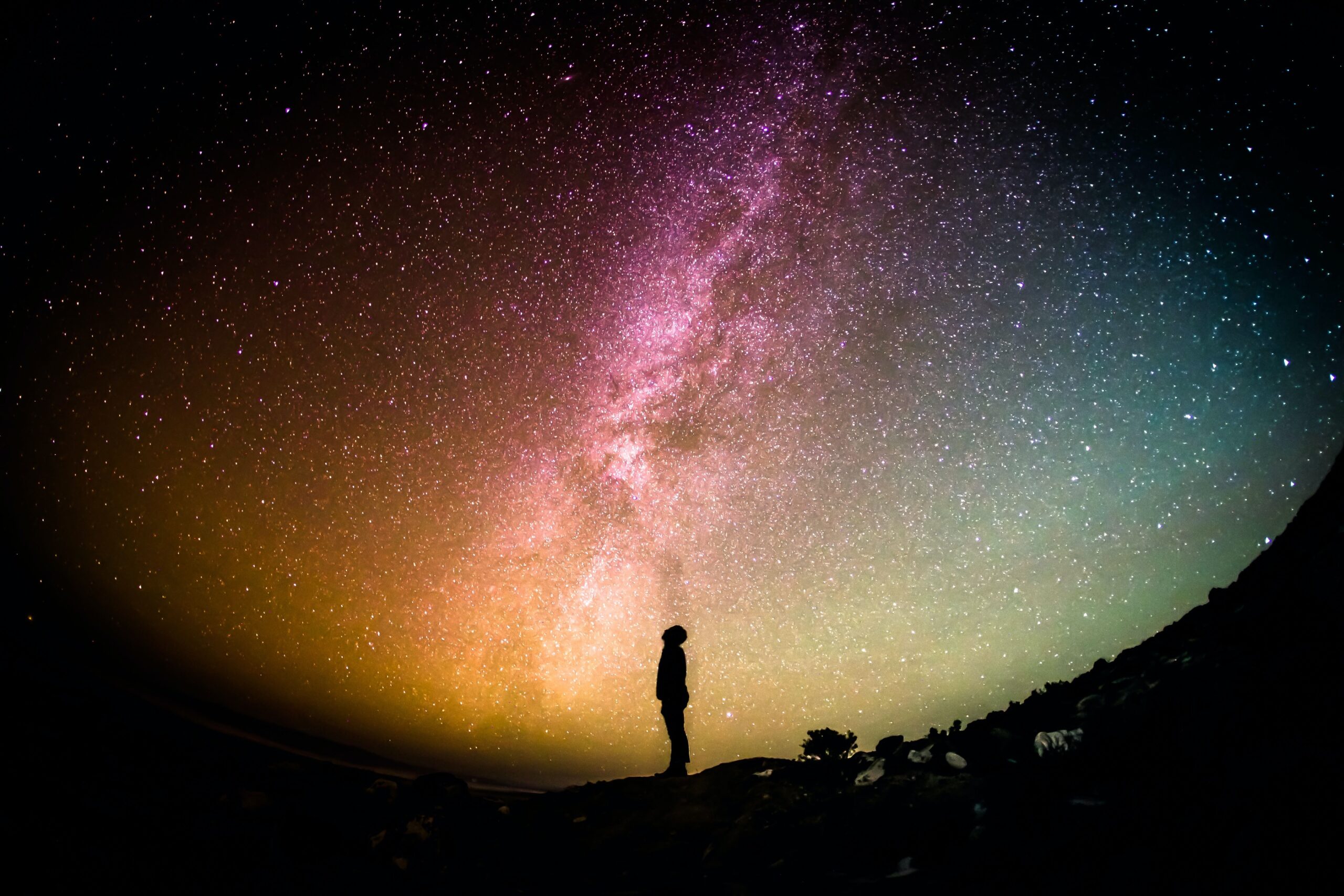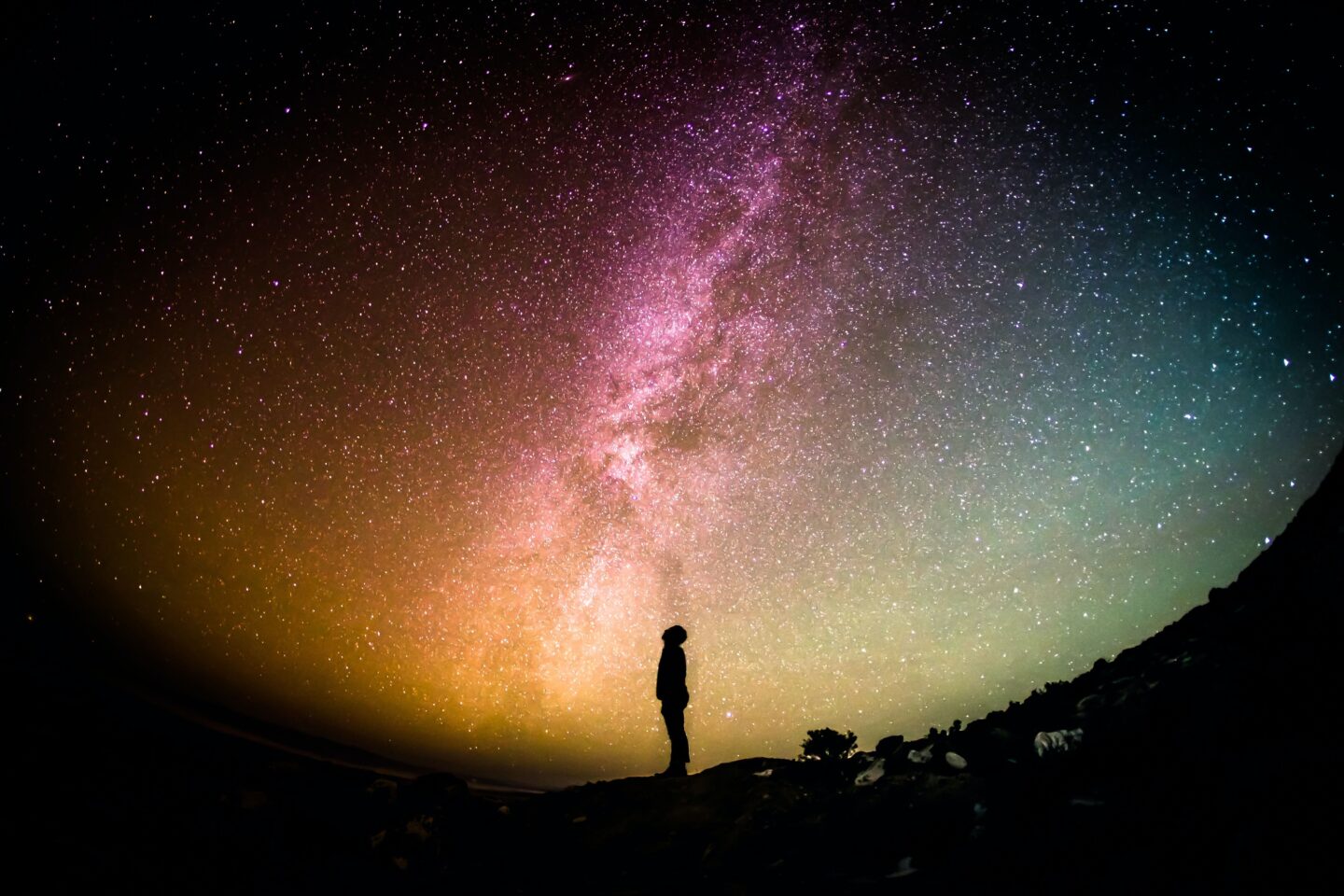Fourteen-year-old Haley knew everything. Everything. You could not tell her something that she didn’t already know.
In fact, I remember responding to so many things with “I know”, that I would respond that way whether I actually knew or not. It just became a habit. One time my best friend Lindsey told me something that I had absolutely 1000% just heard for the first time, and I still responded with “I know”. She shot back, “No, you don’t know. You didn’t know that. Why do you always say that?”
That moment stands out so clear in my memory because it was one of the first times that the thought occurred to me that perhaps I wasn’t all-knowing. I wish I could say I quit acting like a know-it-all right then and there, but I’d be lying.
(I also need add that Lindsey’s been my bestie since we were 10 so I absolutely do not blame her one bit for bringing adolescent Haley back to planet Earth. And I know she’s reading this, so thank you Lindz and I love you.)
I know that this Know-It-All Syndrome isn’t that surprising to anyone who has been around teenagers. They know everything and adults know nothing. Nobody “gets them”, you know?
In the psychology world, we call this adolescent egocentrism – the phenomenon of teenagers feeling/thinking/believing that the entire world revolves around them. It’s something every single adolescent goes through, and not just in a selfish, arrogant way. It’s the belief that they are essentially always on a gigantic stage and everyone is watching them. They believe that whatever they are going through, they are the first and only ones to experience it.
You remember this, right? This egocentrism combined with hormones, an underdeveloped prefrontal cortex, lack of experience, and an inability to properly regulate emotions… whew. It’s a recipe for disaster. Our first love is stronger than any other love that has ever, and will ever exist. And then when our first heartbreak comes along… we just can’t even imagine ever surviving that pain. Romeo and Juliet were teenagers. Clearly.
Teens think that no one gets it. It’s a strange sort of isolation. Even hearing the experiences of others – especially adults – doesn’t help, because they can’t imagine that anyone has ever gone through what they’re going through.
This, essentially, is why teenagers think they know everything. They are going through a completely normal developmental stage where they think they are the main character, and everyone else is a supporting role.
The older we get, though, the more our prefrontal cortex develops and the more experience we have under our belts, the more we (hopefully) realize that we are not, in fact, the center of the universe. (Unless you’re a narcissist, but that’s a topic for another day.) Many times our first existential crisis happens when we grow out of this stage, because we realize that every vehicle we pass on the road contains a human with his or her own past, family, memories, fears, and life. We realize that there is a great, big world out there, and we know shockingly little about it. At first, this is terrifying. We feel like we’re just free-falling into an abyss. The world as we once knew it has been blown into bits, and we’re left examining the ashes. We’re also left with a choice.
We can frantically put our little world back together with duct tape and plaster. We can retreat into the familiar, white-knuckling the world we once knew – a world that’s remarkably shaped like a box – guarding it with shifty eyes and bared teeth. We can squeeze our eyes shut and plug our ears and worship the god of Certainty, holding everything with tight fists and fear.
OR
We can open our eyes in wonder. We can find freedom in the assurance that we don’t have to know it all – that we don’t have to pack everything neatly into our old box-shaped world. We can look upon the ashes of our old world and see something green peaking through. New life.
And this happens over and over and over throughout our lives. We get stuck in a state of comfort, where everything makes sense. Everything fits together. Everything can either be explained or ignored. Until it can’t anymore. Then our world explodes again, and again we’re left with a choice.
A strange thing happens when our world expands beyond ourselves. We realize that everything we were always so damn sure of disappears into smoke. We realize that the tighter we try to hold on, the more it slips through our fingers. We realize that a mind stretched by wonder can never go back to its old dimensions.
When we finally quit gripping our worldview until our hands ache, we’re able to unclench our fists, relax our bones, and receive. We assume a posture of curiosity, taking nothing at face value and questioning everything. Everything is an opportunity. Everything is an adventure.
Of course, it is the tendency of all of us to try to figure everything out. It keeps us comfortable when we can label things – when we can stack everything into their own assigned cubby holes. It’s quite literally how our brains operate, and it’s part of what makes us human. What is important is to be mindful of this tendency and to notice when we become protective over our cubby holes and our labels. That’s when we live out of fear instead of curiosity. That’s when we become slaves to our worldview.
I’ve come to the realization that I am wary of people who are absolutely certain of everything, because I’ve discovered that the more I learn, the less I know. The more I open my mind up to the world around me, the more I realize I don’t know one damn thing. And that’s liberating. I don’t have to have it all figured out. What a relief.
Rob Bell is one of my favorite writers, and he speaks a lot on curiosity. Rob essentially says that the basis of curiosity is humility. By asking questions, we’re admitting that we don’t know, and it’s okay that we don’t know. In fact, it’s great when we can admit that we don’t know, because that means that we’re open to learning more. Rob believes that curiosity is the engine of life. It’s what keeps us going, keeps us searching. Curiosity is holy.
Maybe that’s what Jesus meant about humbling ourselves like children. Maybe he meant that we should look at the world with eyes wide and filled with wonder instead of eyes closed by Pharisee-like belief. Maybe the whole point of all of this is to approach life with a constant posture of curiosity. Maybe we aren’t meant to have it all figured out. Maybe… but of course, I’m not certain.







